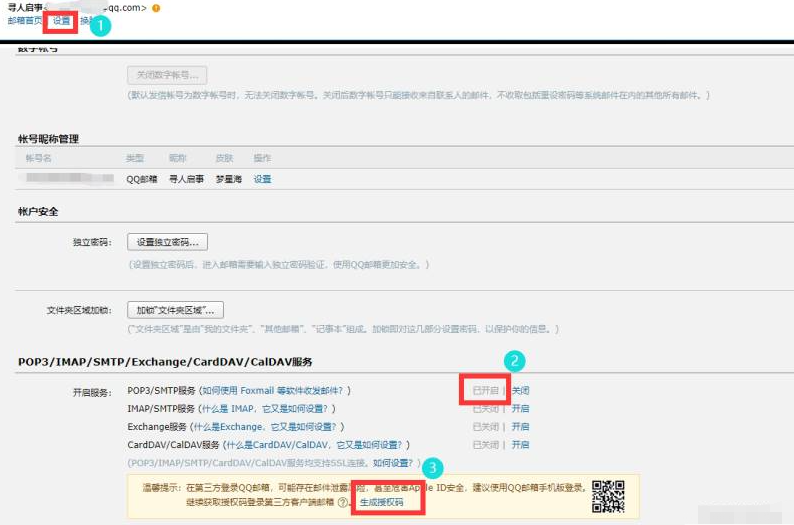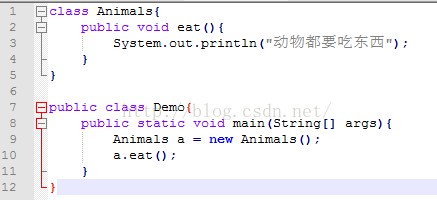windows下载zip
linux下载焦油
下载地址:https://www.elastic.co/downloads/elasticsearch
解压后运行:bin/elasticsearch(或本\ elasticsearch.bat> #编码:utf8 从__future__进口unicode_literals 进口操作系统 导入的时间 导入配置 从datetime进口datetime 从elasticsearch进口elasticsearch 从elasticsearch。助手批量导入 类ElasticSearch (): def __init__(自我、index_name index_type、ip=127.0.0.1): “‘ :param index_name:索引名称 :param index_type:索引类型 “‘ 自我。index_name=index_name 自我。index_type=index_type #无用户名密码状态 # self.es=Elasticsearch ((ip)) #用户名密码状态 self.es=Elasticsearch ((ip), http_auth=(“弹性”,“密码”),端口=9200) def create_index(自我,index_name=癴tech460 index_type=吧缜?: “‘ 创建索引,创建索引名称为奥特,类型为ott_type的索引 :param例:Elasticsearch对象 返回: “‘ #创建映射 _index_mappings={ “映射”:{ 自我。index_type: { "属性":{ " city_code ": { “类型”:“字符串”, #“指数”:“not_analyzed” }, "名称":{ “类型”:“字符串”, #“指数”:“not_analyzed” }, "地址":{ “类型”:“字符串”, #“指数”:“not_analyzed” } } } } } 如果self.es.indices.exists(指数=self.index_name)是正确的: self.es.indices.delete(指数=self.index_name) res=self.es.indices.create(指数=self.index_name身体=_index_mappings) 打印res def build_data_dict(自我): name_dict={} 打开(os.path.join (config.datamining_dir data_output, house_community.dat)) f: f的线: line_list=line.decode (utf - 8) .split (‘\ t’) community_code=line_list [6] name=line_list [7] city_code=line_list [0] name_dict [community_code]=(名称、city_code) address_dict={} 打开(os.path.join (config.datamining_dir data_output, house_community_detail.dat)) f: f的线: line_list=line.decode (utf - 8) .split (‘\ t’) community_code=line_list [6] 地址=line_list [10] address_dict [community_code]=地址 返回name_dict address_dict def bulk_index_data(自我、name_dict address_dict): “‘ 用散装将批量数据存储到 返回: “‘ list_data=https://www.yisu.com/zixun/[] 在name_dict.items community_code,数据(): tmp={} tmp=community_code“代码” tmp['名字']=[0]的数据 tmp [' city_code ']=数据[1] 如果community_code address_dict: tmp['地址']=address_dict [community_code] 其他: tmp['地址']=" list_data.append (tmp) 行动=[] 在list_data线: action={ “_index”: self.index_name, “_type”: self.index_type, “_id”:线(“代码”),# _id小区代码 " _source ": { “city_code”:线(“city_code”), “名称”:线(“名字”), “地址”:线(“地址”) } } ACTIONS.append(行动) #批量处理 成功,_=散装(self.es、行动、指数=自我。index_name raise_on_error=True) #单条写入单条写入速度很慢 # self.es.index(指数=self.index_name doc_type=癲oc_type_test”,身体=行动) 打印(% d动作执行的%成功) def delete_index_data(自我,id): “‘ 删除索引中的一条 :param id: 返回: “‘ res=self.es.delete(指数=self.index_name doc_type=自我。index_type id=id) 打印res def get_data_id(自我,id): res=self.es.get(指数=self.index_name doc_type=self.index_type id=id) # #输出查询到的结果 打印res [' _source '] [' city_code '], res [' _id '], res (“_source”)(“名字”),res (“_source”)(“地址”) def get_data_by_body(自我、名称、city_code): # doc={“查询”:{“match_all”: {}}} 医生={ "查询":{ “bool”: { “过滤器”:{ “":{ “city_code”: city_code } }, "必须":{ " multi_match ": { “查询”:名字, “类型”:“phrase_prefix”, “字段”:['名字^ 3 ','地址'], “污水”:1、 } } } } } _searched=self.es.search(指数=self.index_name doc_type=自我。index_type,身体=doc) data=https://www.yisu.com/zixun/_searched['打']['打'] 返回数据 if __name__==癬_main__”: #数据插入 obj=ElasticSearch (“ftech460”、“社区”) obj.create_index () name_dict address_dict=obj.build_data_dict () obj.bulk_index_data (name_dict address_dict) #从es读取数据 methoda=ElasticSearch (“ftech460”、“社区”) obj2.get_data_by_body (u '保利’,‘510100’)





